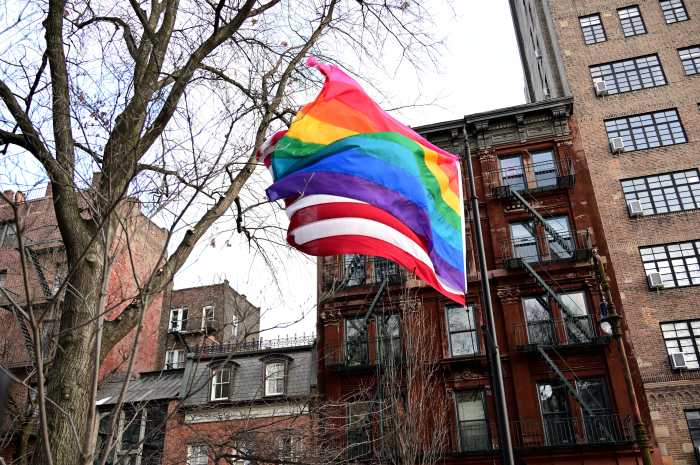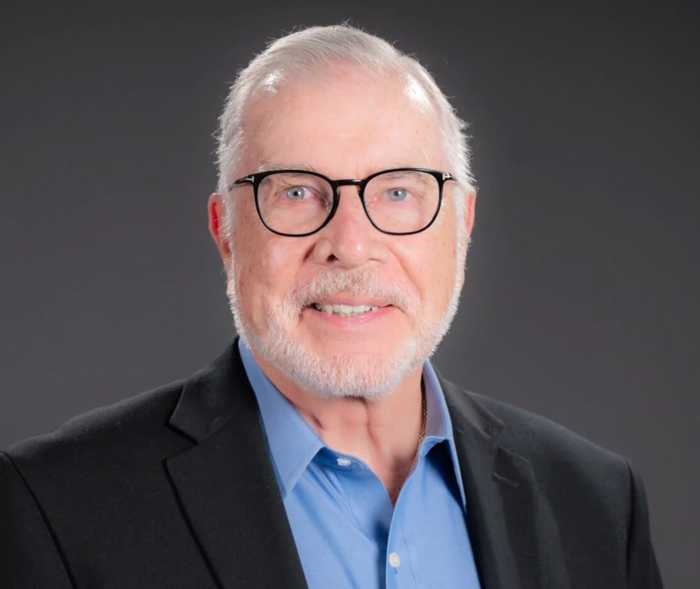LGBTQ groups are calling on the Supreme Court to reject local laws in Oregon that bar individuals from sleeping or camping on public property, arguing that such policies disproportionately harm marginalized people and open the floodgates to jurisdictions looking to clamp down on homeless individuals.
The groups spoke out on April 22 as the Supreme Court heard oral arguments in the case of City of Grants Pass v. Johnson, which originated in 2018 when the Oregon Law Center first filed a class-action lawsuit on behalf of homeless individuals who said they were impacted by the ordinances in Grants Pass.
The plaintiffs in the case, according to Harvard Law Today, have argued that the laws punish homeless individuals because sleep is necessary and Grants Pass lacks open homeless shelters, effectively putting homeless individuals in an impossible situation.
According to the LGBTQ legal group Lambda Legal, a US district court blocked enforcement of the laws in 2020 and the US Court of Appeals for the Ninth Circuit affirmed the district court ruling in September of 2022. Friend-of-the-court briefs were filed by numerous groups and experts, including Lambda Legal and the Ali Forney Center, a New York City-based non-profit serving homeless LGBTQ youth with a drop-in center, services, and housing.
“This ban’s broad prohibitions are particularly dangerous for an especially vulnerable population, youth experiencing homelessness who are disproportionately youth of color, LGBTQ+ youth, and youth with foster care experience,” said Currey Cook, senior counsel and youth in out-of-home care project director at Lambda Legal. “As detailed in our amicus brief, LGBTQ+ youth make up a disproportionate percentage of youth experiencing homelessness. Ordinances such as the one passed in Grants Pass harm youth and are counterproductive, offering nothing to help ensure youth have safe and sustainable housing.”
There were more than 650,000 people who experienced homelessness in America last year, amounting to a 12% increase from 2022, according to the Biden administration’s 2023 annual homeless assessment report to Congress. The US in 2023 recorded the most homeless people in a year since the annual report first started in 2007.
The reality is even more dire for LGBTQ individuals. Nadia Swanson, the director of technical assistance and advocacy at the Ali Forney Center, pointed to research indicating that LGBTQIA+ youth are 120% more likely to experience homelessness compared to the straight and cisgneder population.
“Many youths are forced into homelessness after being rejected by biological families, and are forced to be on the street because there are not enough services for homeless youth at large — this often makes public spaces a shelter of last resort,” Swanson said in a written statement. “Street homelessness must be appropriately responded — to with supportive services and compassion, not law enforcement and punishment. We assert that punitive laws exacerbate the challenges and dangers faced by LGBTQIA+ youths, pushing already marginalized individuals further into harm’s way. ”
Cook encouraged the Supreme Court to avoid “criminalizing homelessness,” which they said would be a cruel response to a homelessness crisis that is “disproportionately affecting LGBTQIA+ youths who already face severe societal and familial rejection.”
According to Harvard Law Today, the district court held that plaintiffs met the requirements for a “class” — in this case a group of “involuntary homeless” individuals. The court blocked the ordinances from being enforced at all at night and only during the daytime hours with a 24-hour notice, according to CBS News.
Affirming that ruling, the appeals court said the policy violated the Eighth Amendment “when there was no other place in the City for [homeless persons] to go.”
The Supreme Court has yet to rule on the case, but some news recaps of the April 22 oral arguments indicated that a majority of justices seemed poised to uphold the laws — perhaps narrowly.
Justice Sonia Sotomayer stressed that sleeping is a human need, which makes it impossible to stay outside without sleeping.
“Where do we put them if every city, every village, every town lacks compassion and passes a law identical to this? Where are they supposed to sleep? Are they supposed to kill themselves, not sleeping?” she said.
Justice Brett Kavanaugh wondered whether ticketing individuals makes any sense if there are not enough beds available in shelters, but also warned against courts “micromanaging” such laws. Some justices, including Neil Gorsuch, suggested that some parts of state or federal law may be able to address the issue without resorting to such broad directives.
According to the New York Times, conservative justices generally seemed to advance the notion that homelessness should be governed by local officials rather than judges. At one point, Chief Justice John Roberts asked, “Why would you think that these nine people are the best people to judge and weigh those policy judgments?”
A decision on the case is not expected until late June or early July due to a backlog of other pending decisions, the New York Times reported.




































